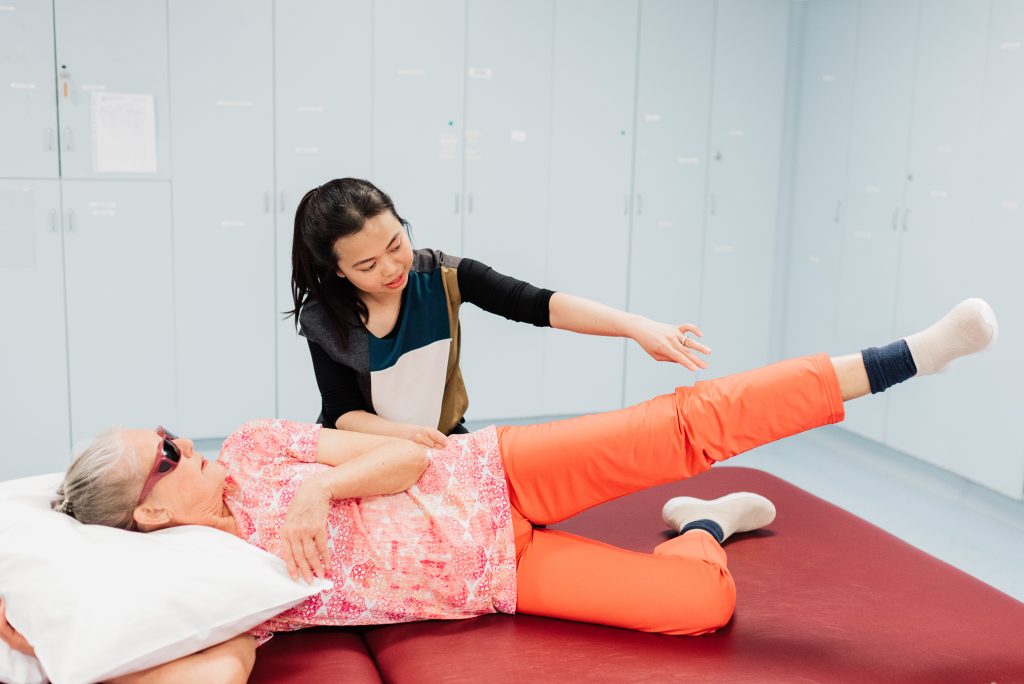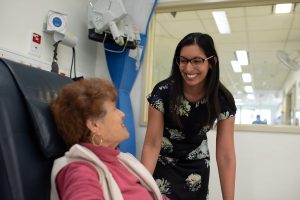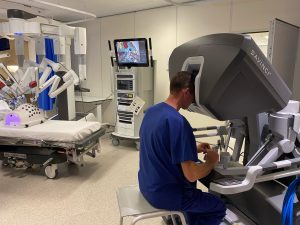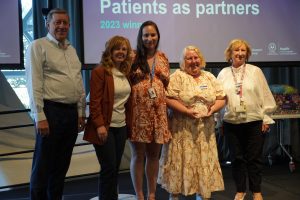Surgeons across Central Adelaide are championing ‘pre-hab’ to help ensure patients are in the best possible condition for surgery.
Pre-habilitation is known to reduce risk factors that can lead to poorer outcomes – and GPs can help.
After a patient has been referred, accepted and is on the waitlist for surgery, GPs can help patients to use that time wisely to prepare themselves to support the best outcome, quicker recovery and fewer complications.
Medical Lead for Surgery, Professor Jane Andrews, said in some cases pre-hab can even help patients avoid surgery all together.
“There are well recognised risk factors for patients coming to surgery, which lead to increased rates of complications, longer time in hospital and poorer outcomes,” Professor Andrews said.
“So it makes sense to focus on the factors that can be modified ahead of time, so that a patient is as fit and healthy as possible when the time arrives for their surgery.
“This can include improving a patient’s diet and nutrition, addressing cardiovascular fitness and managing psychological factors.
“GPs and practice nurses are perfectly placed to partner with us, their surgical colleagues, and their patients in this important work.”
Some pre-hab ideas and resources that can help support you and your patient include
- Stop smoking to prevent lung infections, wound healing, coughing
- Nutrition to help with wound healing, pneumonia, PTE/DVT, pressure sores, impaired post-op mobility
- Anaemia and iron deficiency to support wound healing, oxygen carrying capacity, CCF, Dyspnoea
- Better diabetes control to assist wound healing, infection risk
- Addressing frailty, especially in older patients, with diet and exercise
- Cardiovascular fitness which is important for the anaesthetic and post-op mobility in older patients
- Psychological factors such as depression or anxiety, which may also impair people’s ability to get the rest of pre-hab right
Prof Andrews and her team are working to improve resources for GPs to support them to do this valuable work with their patients.
“Not only does ‘pre-hab’ get patients in good shape for surgery, it also improves their overall quality of life,” Prof Andrews said.
“Using the waiting time in this way is productive for all involved and is a wonderful opportunity to help patients to make the changes that will help them to not just get fit for surgery, but to get fit for life. That’s a win for all concerned.”



